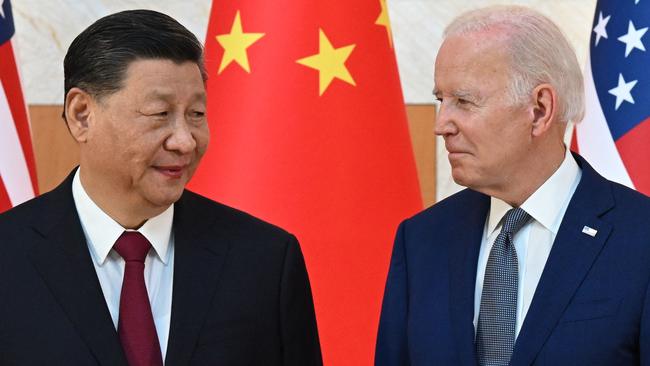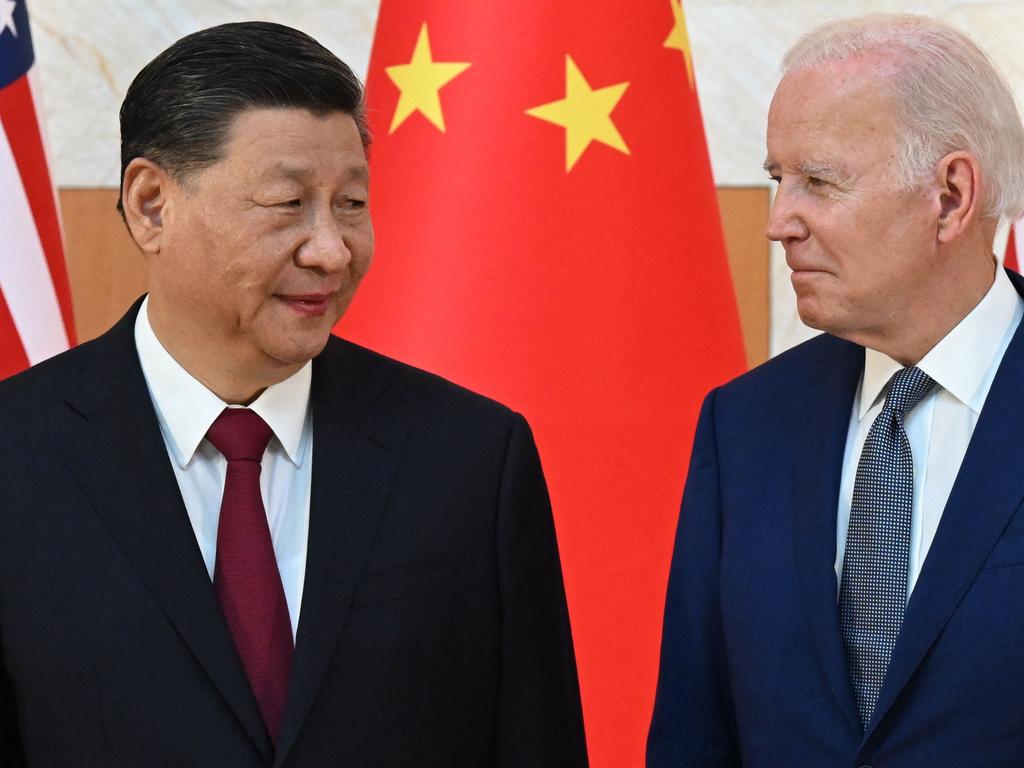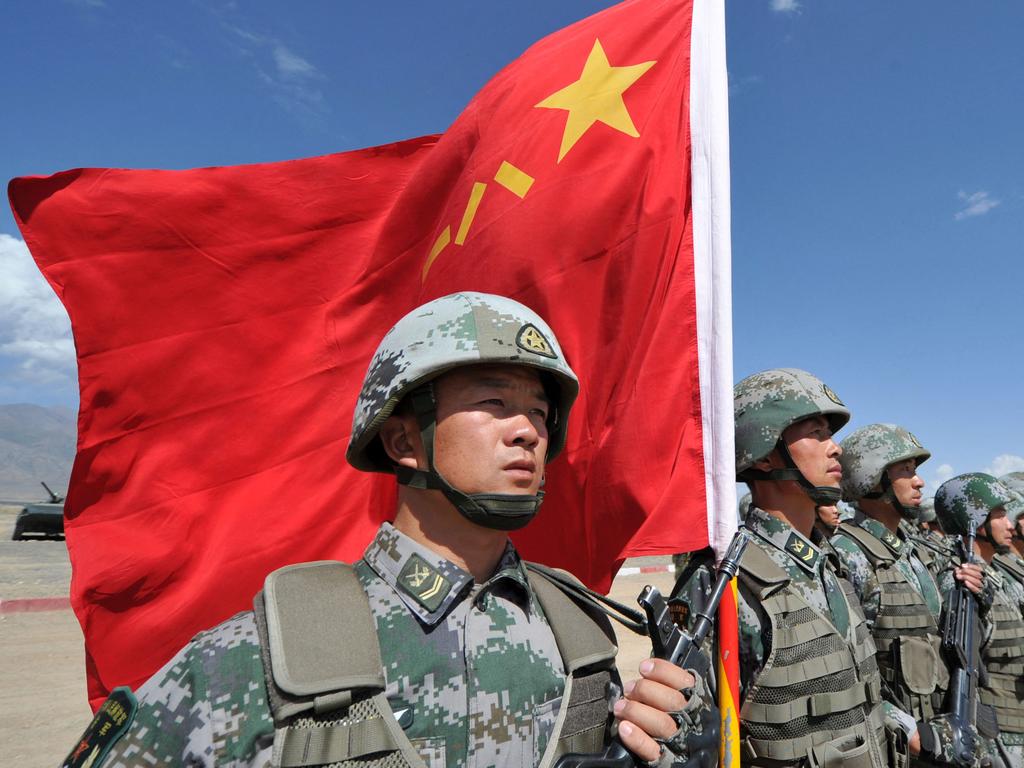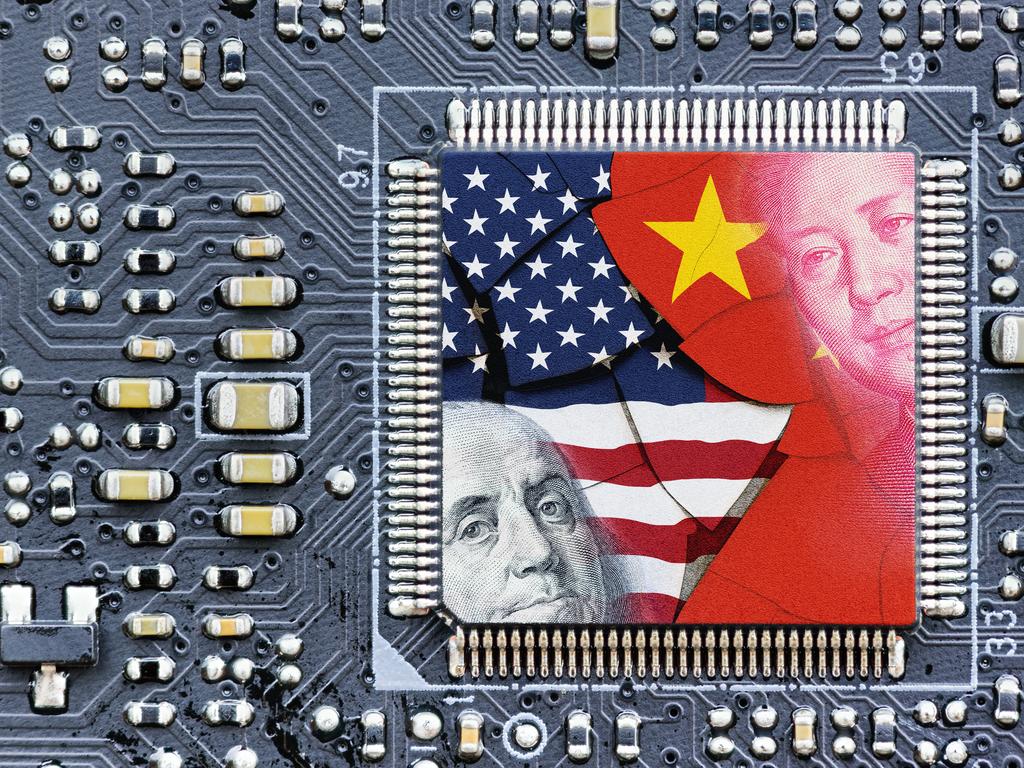Taiwan, Ukraine could determine 2024 US election

It needs to be remembered, however, that the US is the world’s strongest economic force and will remain so in the immediate future.
Donald Trump’s style of administration often might have been unconventional but it certainly did not stop the US economy from performing well during the period of his presidency.
On the subject of political paralysis, it is true that both the Senate and the House of Representatives are almost evenly divided between Democrats and Republicans, with each party controlling, albeit very precariously, one chamber.
This kind of even division was also reflected in the narrow results for many Senate and house seats across the nation. Close elections, however, are nothing new in US history, with the presidential contests in 1916, 1960 and 2000 being pretty much tied votes, for example. The result was decided by the US Supreme Court in 2000, and Richard Nixon certainly had grounds to challenge John Kennedy’s win in 1960 but declined to do so.
One significant difference from those earlier times is that Democrats have now captured almost all of the country’s establishment institutions – the mainstream media, universities, Hollywood, even Wall Street.
This has not been as damaging to the Republicans, however, as it has been to the Liberals in Australia, who have suffered the same fate, because there seems to be some real resentment in parts of the US electorate about being lectured to by these elitist groups in a way that has not been reflected in this country.
It is much too far out from the next presidential election in November next year to make any kind of serious predictions as to who the candidates might be and its outcome.
It must be said, however, at this stage, that neither Joe Biden nor Trump would seem to be ideal candidates for their parties.
Arguably, in 2016 Trump beat the only Democrat he could have succeeded against in the form of Hillary Clinton. And in 2020 Biden beat the only Republican he could have defeated in the form of Trump.
If neither is their party’s candidate next year there will be an interesting contest, although the number of states that have become committed in recent years to one party or the other means there is only a relatively small group of states that are open to both sides and will decide the result.
In the meantime, the real challenge for the Biden administration is not so much the economy as how to deal with its two rival superpowers, China and Russia.
In the case of China there is now a natural competition with the US and it would be idle to pretend there will not be significant areas of economic and diplomatic conflict. The most dangerous element in this rivalry is the future of Taiwan, where the Americans ultimately may have to make a choice as to whether they would risk a full-blooded war on this question.
In the 1950s Mao Zedong encouraged the Russians to engage in a nuclear exchange with the US on the basis that enough Chinese would survive to make the ensuing devastation worthwhile.
Hopefully the current Chinese leadership takes a more conservative view.
In relation to Russia, the US finds itself committed to a war by proxy with the fighting on the ground being done by Ukraine but most of the financial and military resources being supplied by Washington. Just how the various parties can extricate themselves from what is largely a stalemate is far from clear.
Having provided political and financial support to remove the pro-Russian Ukrainian government in 2014, Washington may find it hard to influence the existing regime to accept a realistic settlement of the conflict, especially if Ukraine argues for a reversal of Russia’s annexation of Crimea in 2014. The West protested against the annexation but effectively accepted it.
If the war were to be still continuing in another year, US support for it might well become an issue in the 2024 presidential election.
Michael Sexton’s latest book is Dissenting Opinions.







There seems to be a temptation among many commentators to dismiss the US as a dysfunctional giant, exemplified by the failure of the Republican majority in the House of Representatives to elect a Speaker these past few days.